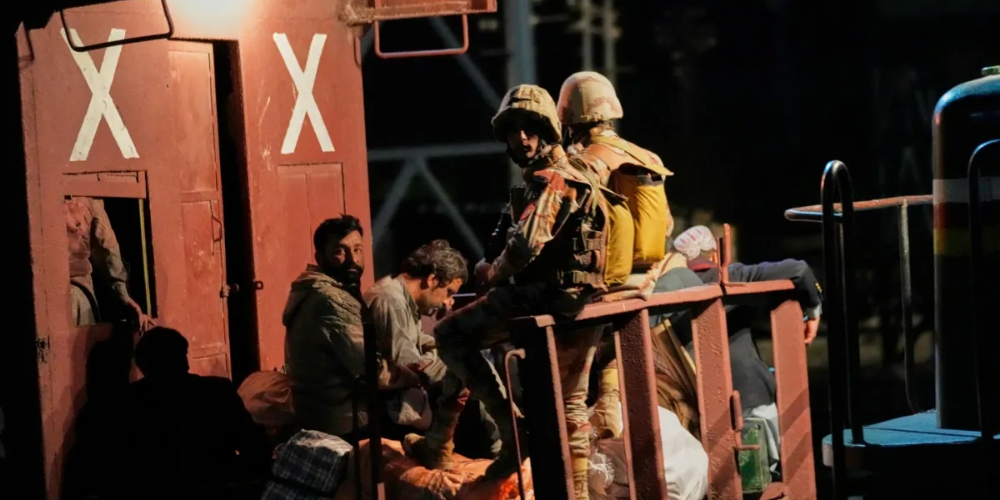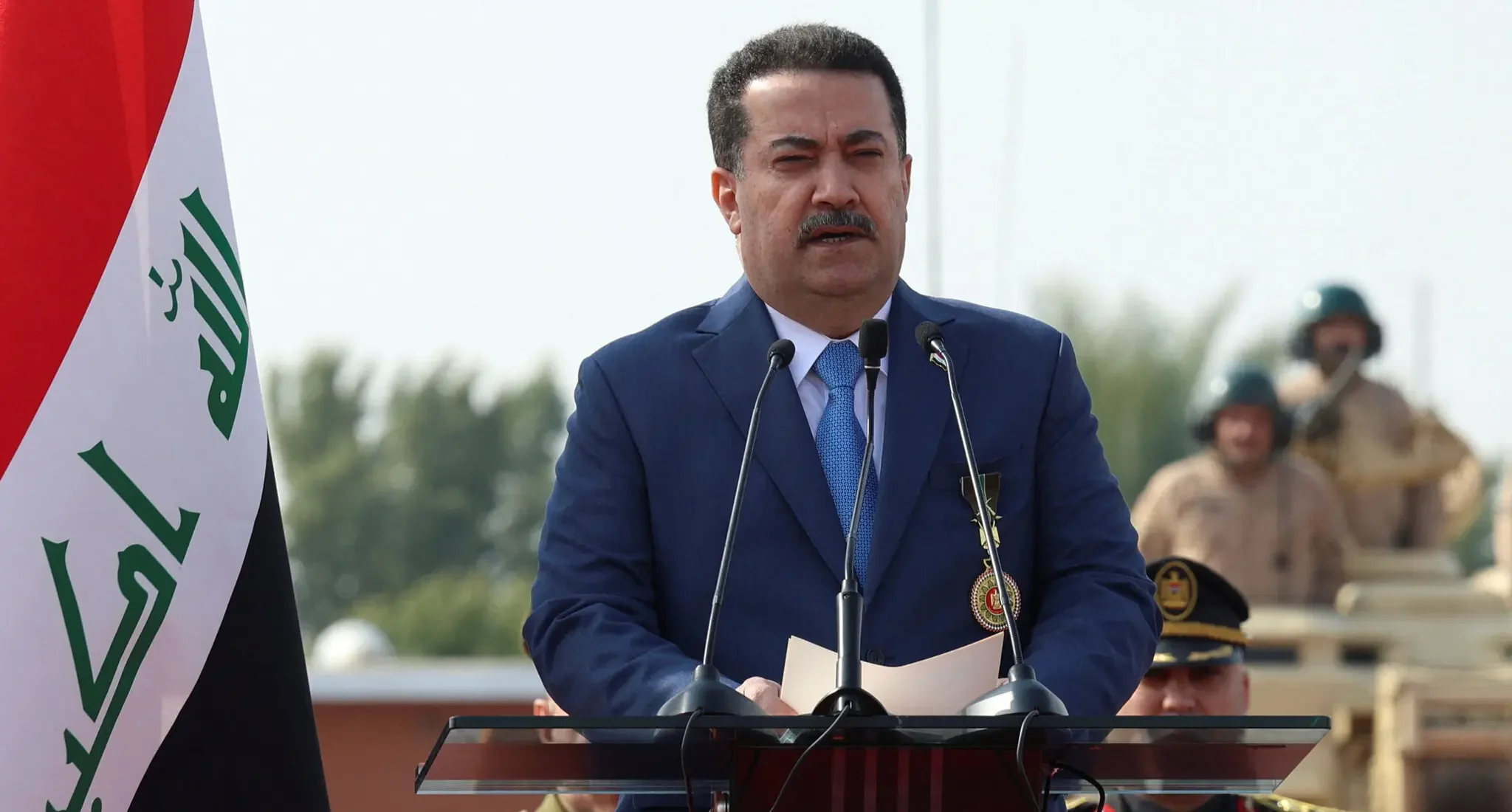In Short
- Baloch rebels claim responsibility for killing 214 Pakistani military hostages.
- Accuse Pakistan of stubbornness and military arrogance for failing to negotiate.
- Militants hijacked the Jaffar Express and took over 400 passengers hostage on Tuesday.
ISLAMABAD — The Baloch Liberation Army (BLA) has claimed responsibility for the deaths of 214 Pakistani military hostages, following the expiration of a 48-hour deadline it had set for the government to release Baloch political prisoners. The separatist group, which seeks Balochistan’s secession from Pakistan, made the announcement on Friday, accusing the Pakistani government of military arrogance and stubbornness for refusing to engage in negotiations.
The hostages were taken during a hijacking of the Jaffar Express, a passenger train traveling from Peshawar, earlier this week. The militants blew up railway tracks on Tuesday, seizing the train, which was carrying over 400 passengers, including military personnel, railway employees, and civilians. The BLA stated that their deadline for a prisoner exchange had ended without any meaningful response from the Pakistani government, leading to the execution of the hostages.
The BLA issued a strong statement condemning the Pakistani authorities, accusing them of failing to heed their ultimatum. “Pakistan, displaying its traditional stubbornness and military arrogance, not only avoided serious negotiations but also turned a blind eye to the ground realities,” the statement read. “As a result of this stubbornness, all 214 hostages have been executed.”
The Pakistani military, however, claimed to have ended the siege on Wednesday after a 30-hour operation that resulted in the death of 33 BLA militants. According to the military, the operation, named Darra-e-Bolan, led to the rescue of many passengers, though it also reported casualties among its own ranks — including 23 soldiers, three railway employees, and five civilians.
Despite Pakistan’s official claim that the siege had ended, the BLA vehemently rejected the narrative. They insisted that intense fighting was still ongoing, with BLA forces suffering heavy casualties. In their latest statement, the BLA described the actions of their fighters, known as Fidayeen, who allegedly locked some military hostages in special train carriages, while others were taken to a separate location for safekeeping. They claimed that when Pakistani commandos arrived to attempt a rescue, the Fidayeen launched a counterattack, resulting in heavy casualties for the Pakistani forces and the execution of the hostages.
The attack on the Jaffar Express and the subsequent killings have escalated tensions in the volatile Balochistan region, where separatist movements have long been calling for greater autonomy or independence from Pakistan. The BLA’s violent methods and their defiant stance against Pakistan’s military efforts underscore the deepening divide between the central government and the Baloch insurgents.
In response to the BLA’s actions, the Pakistani government has yet to issue a formal statement, although analysts expect continued military operations in Balochistan as part of the broader campaign against insurgent groups operating in the region.
The crisis highlights the broader issues of human rights and political freedoms in Balochistan, where thousands of Baloch activists, including political leaders, have reportedly been abducted by Pakistani security forces over the years. While the Pakistani government maintains that it is addressing the region’s development and security concerns, Baloch separatists argue that the military’s heavy-handed tactics and the suppression of political dissent only fuel further unrest.
The BLA’s claim of responsibility for the killings serves as a stark reminder of the ongoing insurgency in the region, with no clear end in sight. The continued cycle of violence in Balochistan remains a pressing challenge for Pakistan, raising questions about the prospects for peace and reconciliation in the region.


